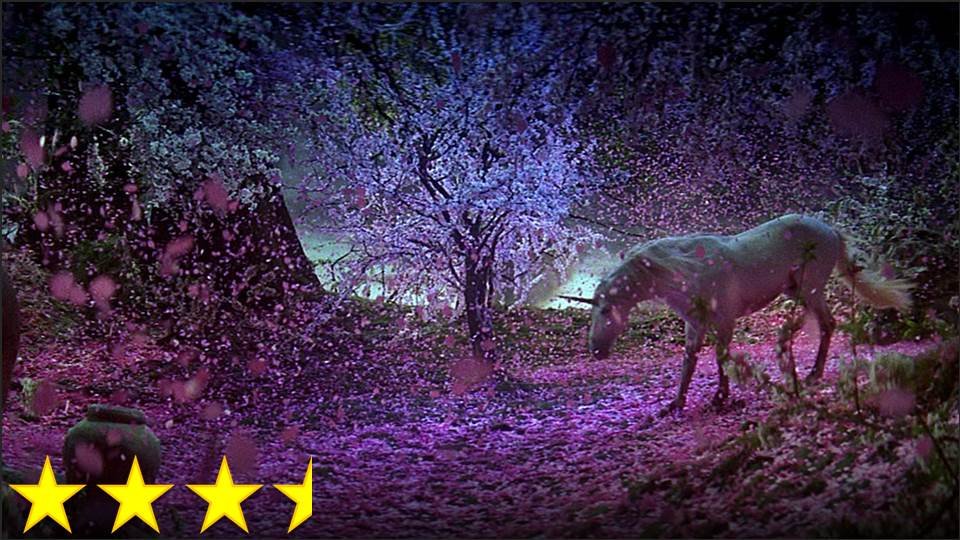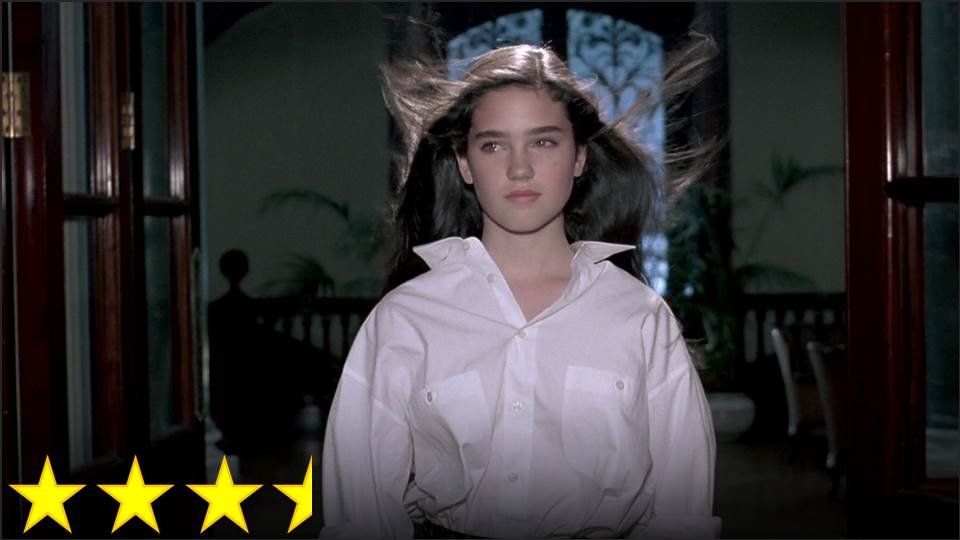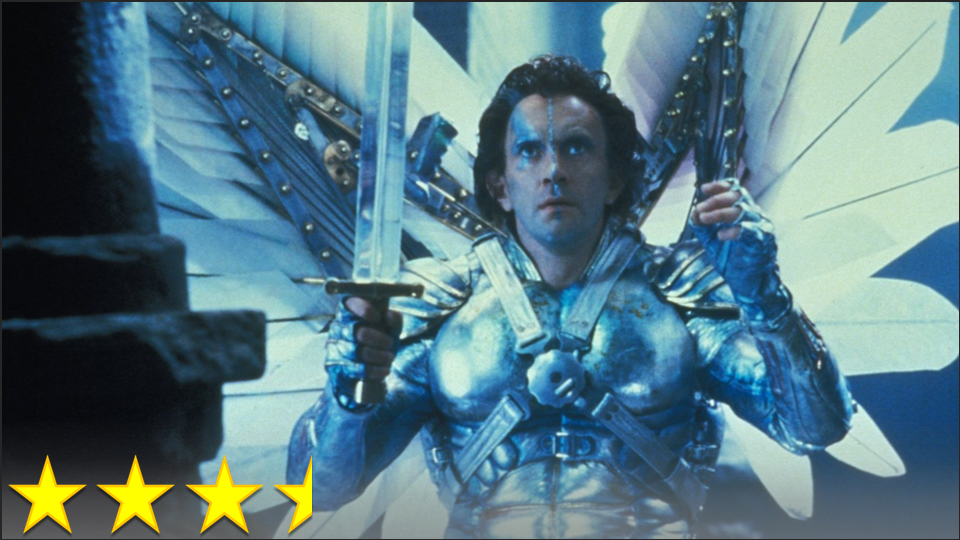From the Traveling Wilburys to Band Aid, the pop music industry has had its share of super groups, but for whatever reason, cinema hasn’t. For whatever reason, while talented directors have worked together before, we very rarely see a group of different directors with different backgrounds coming together to work on a groups of films as a team. I think this begs the question: what would a filmmaking super group look like? Because I’m fond of ’80s cinema, I’d like to imagine something like a family adventure film with a story by Steven Spielberg, with a screenplay by Chris Columbus (the writer of Gremlins, director of Home Alone), with music by Dave Grusin (composer for Tootsie), and someone like Richard Donner (director of Superman, Ladyhawke, Lethal Weapon, and Scrooged) at the helm. Fortunately, this is exactly the team assembled for this movie, and what this team produced is just as great a film as one would hope.
I think part of why Goonies is considered to be such a great classic by so many people is that it is very emblematic of ’80s cinema. Even with a cast of children, the intended age group is entirely unclear because of how dirty some of the humor is, making it a family film in the same category as Ghostbusters in that it’s not really a family film. It’s also a very good example of Spielberg’s conception of fantasy, giving the viewer the sense that something sort of magical might be found at that old Chinese antique shop, or, in this case, up in the attic. The most ’80s part, of course, is the theme song by Cyndi Lauper, and the music video that was made to accompany it. Somehow, even though that video is entirely different from the film, the combination of the two sums up everything that made the ’80s the ’80s, and I think that’s just beautiful.
Once I started watching this movie, it was hard to pause it – and I can say that for very few films – so I think The Goonies, as dated as it may be in some respects, just might be pure entertainment cinema at its very best.





